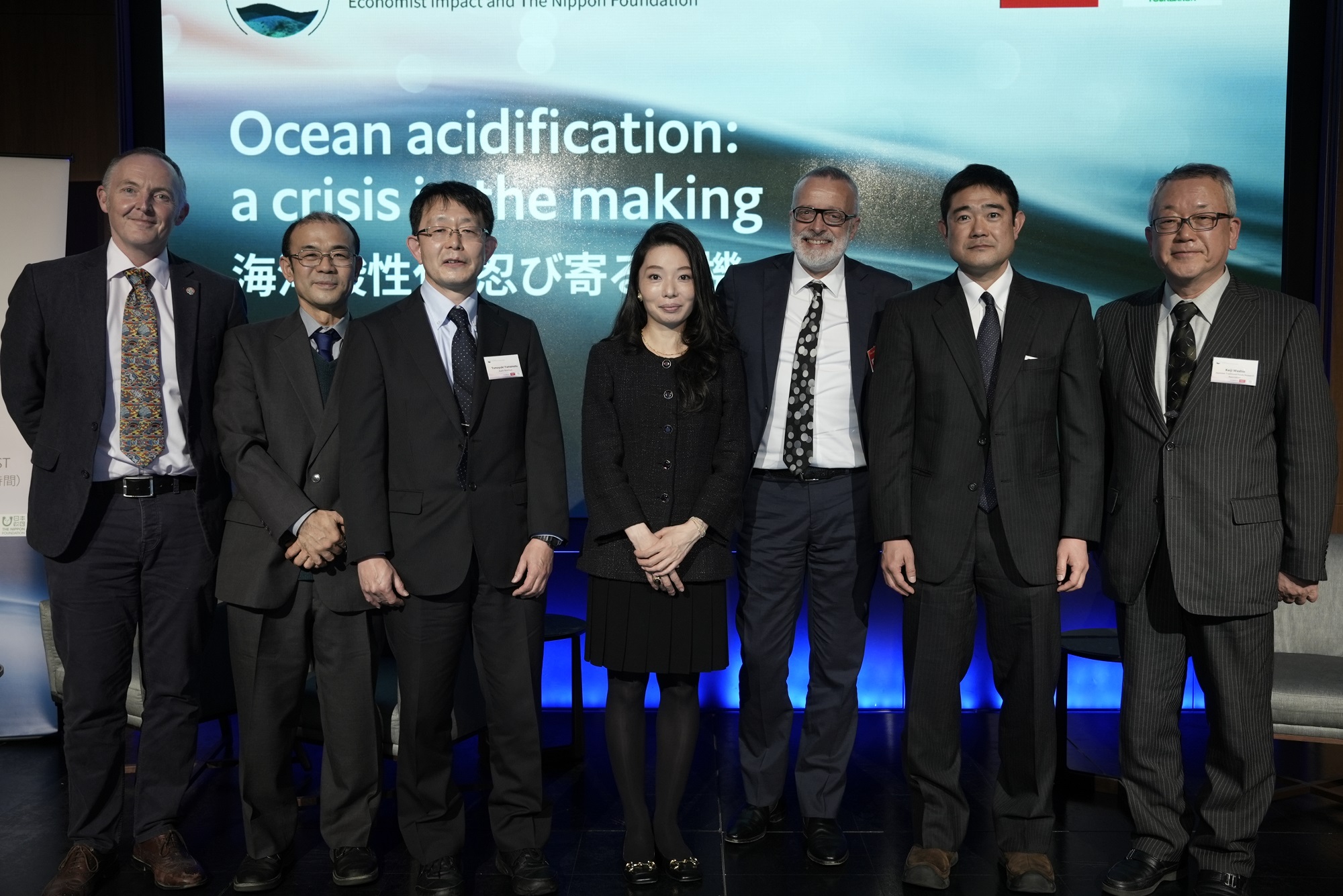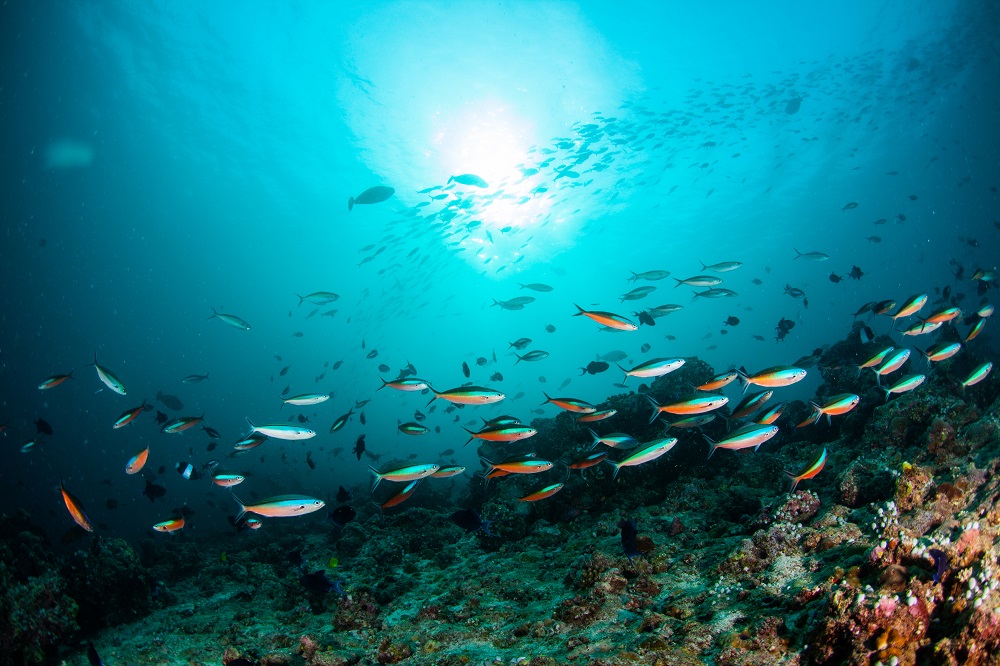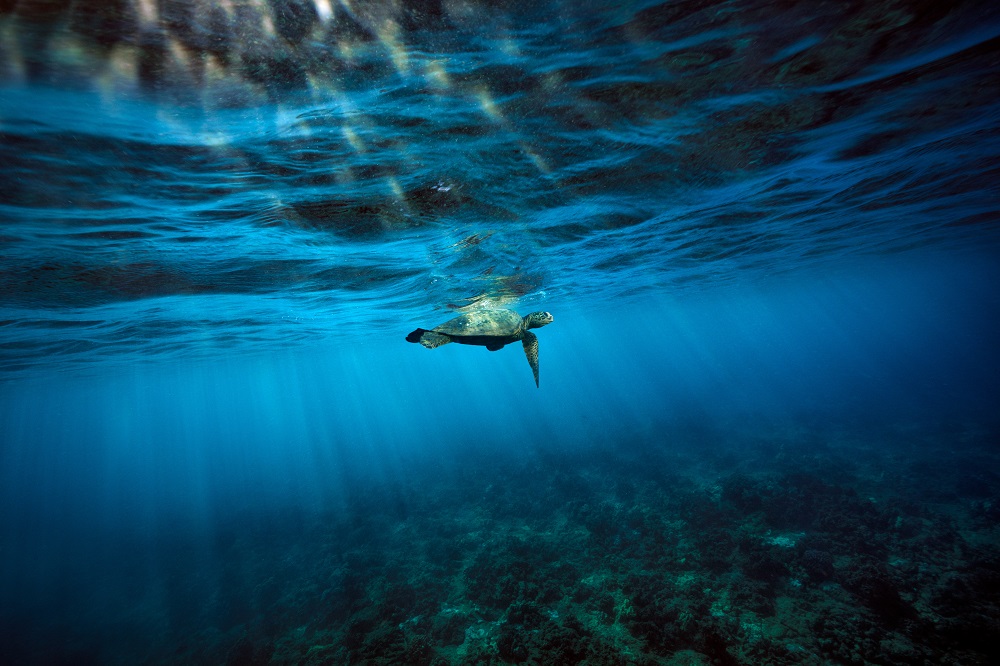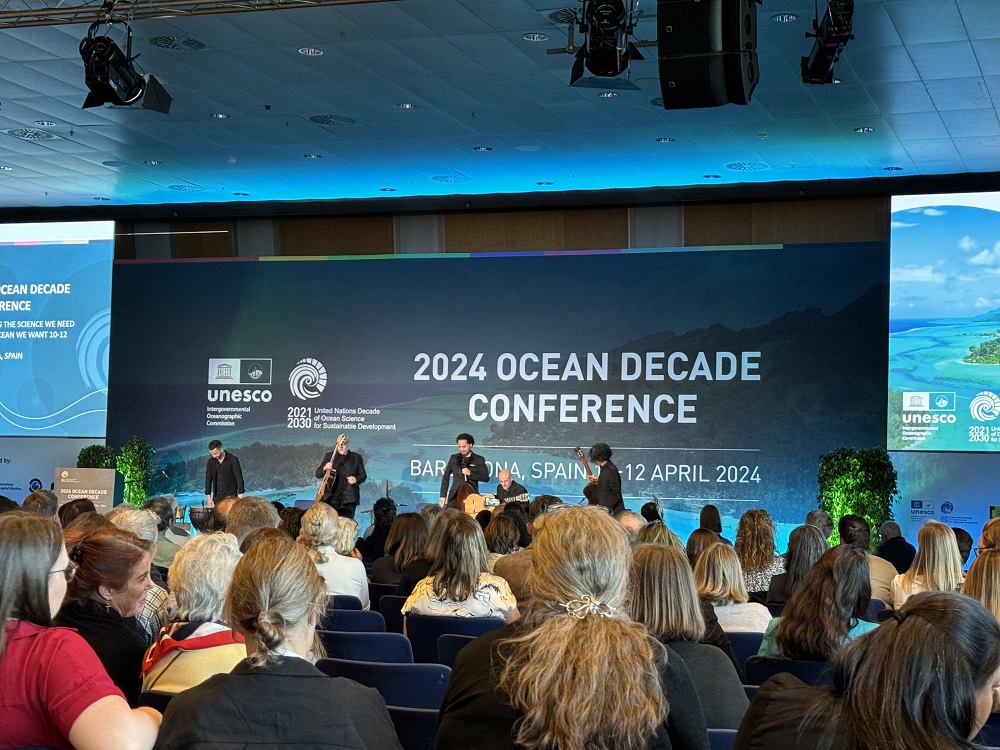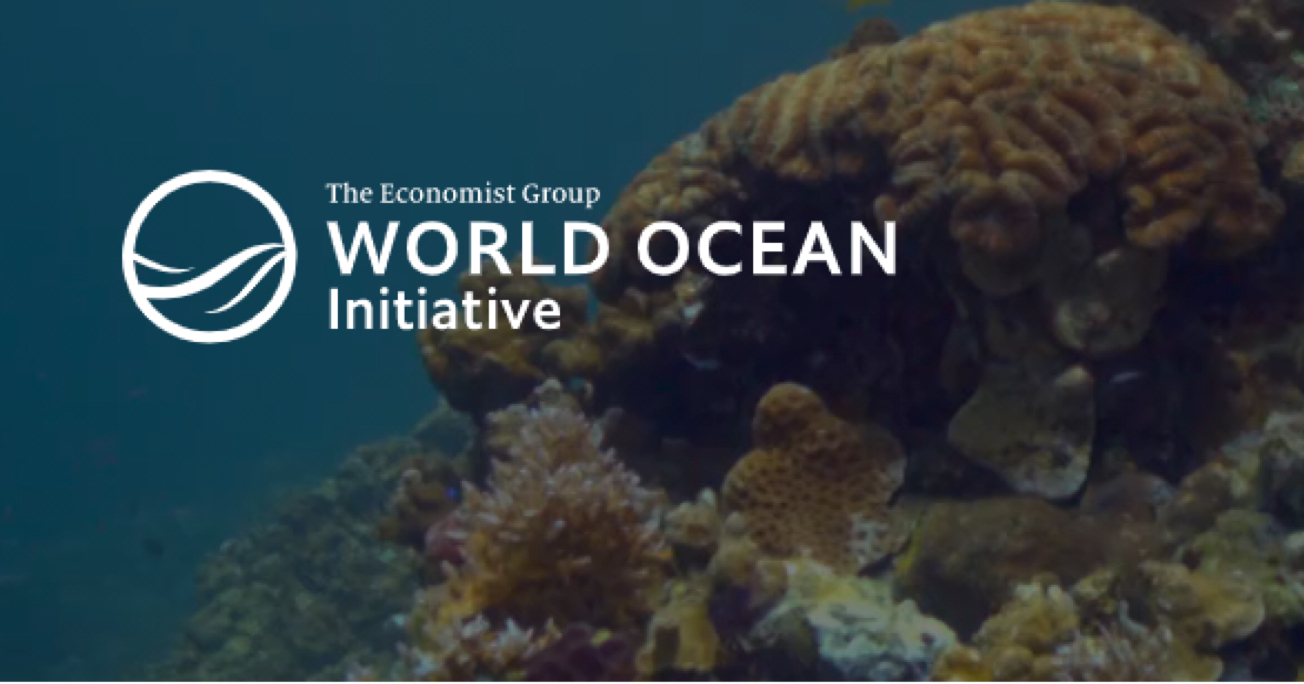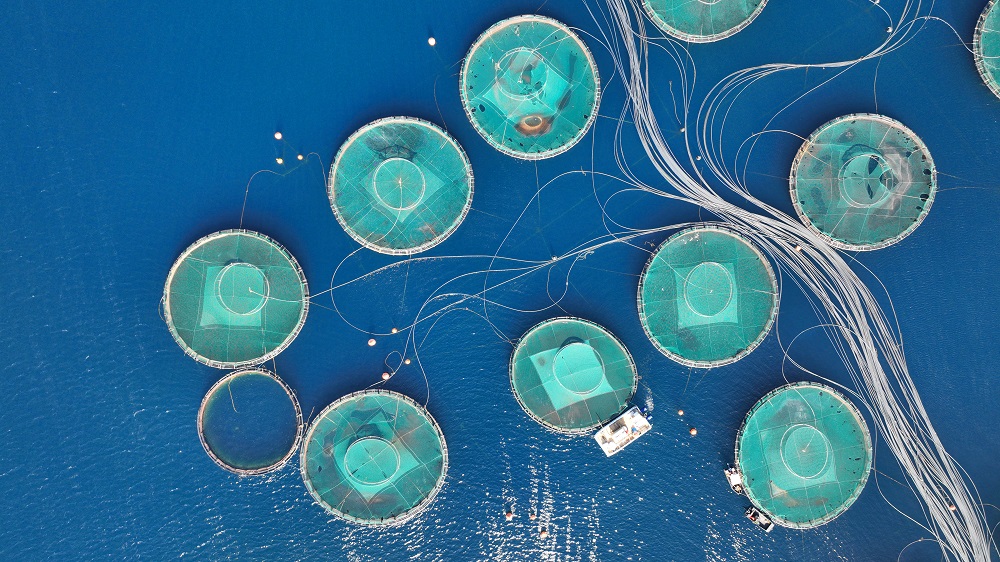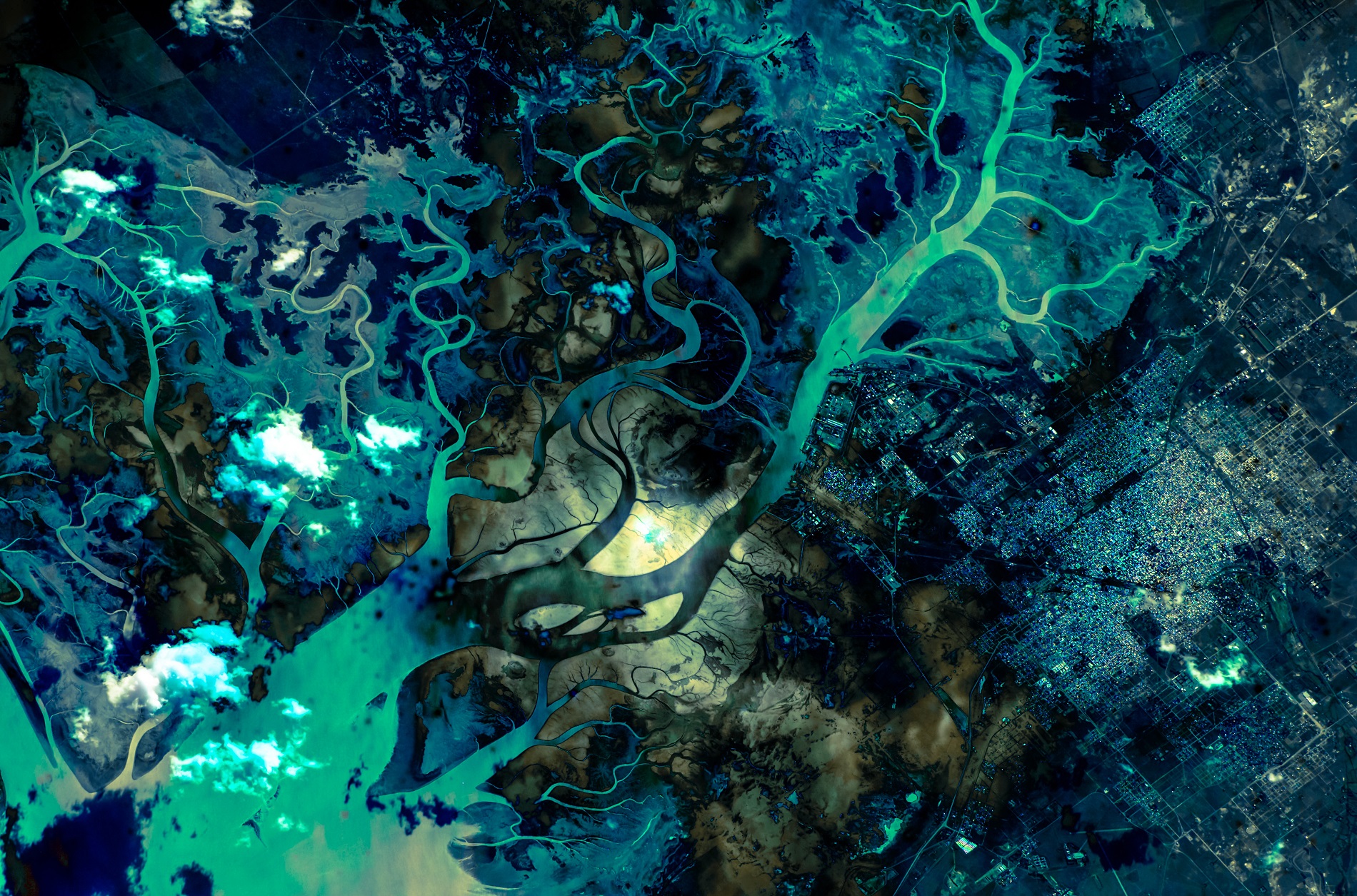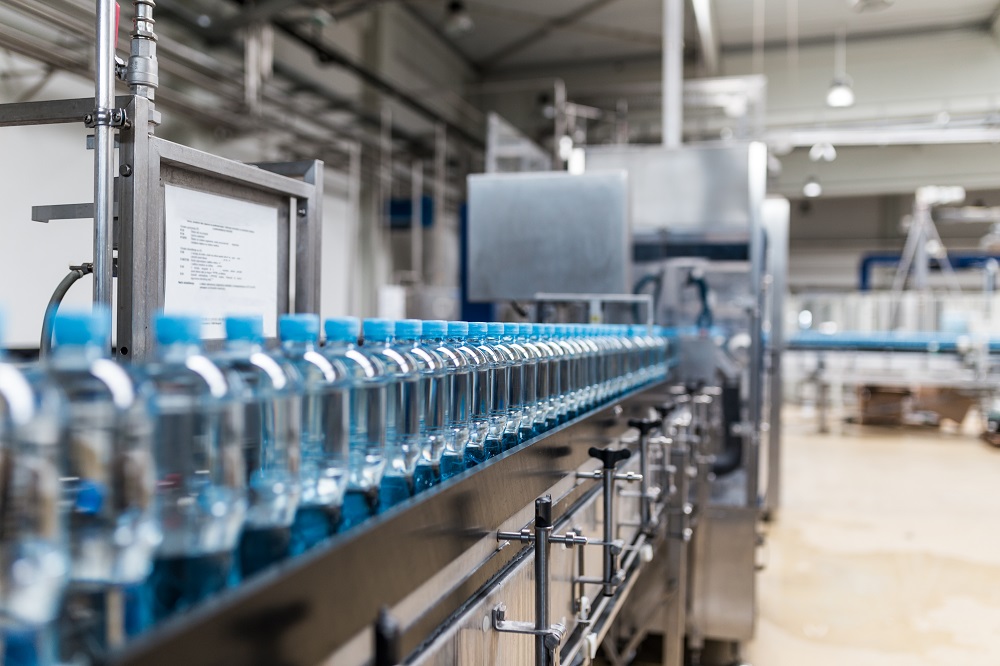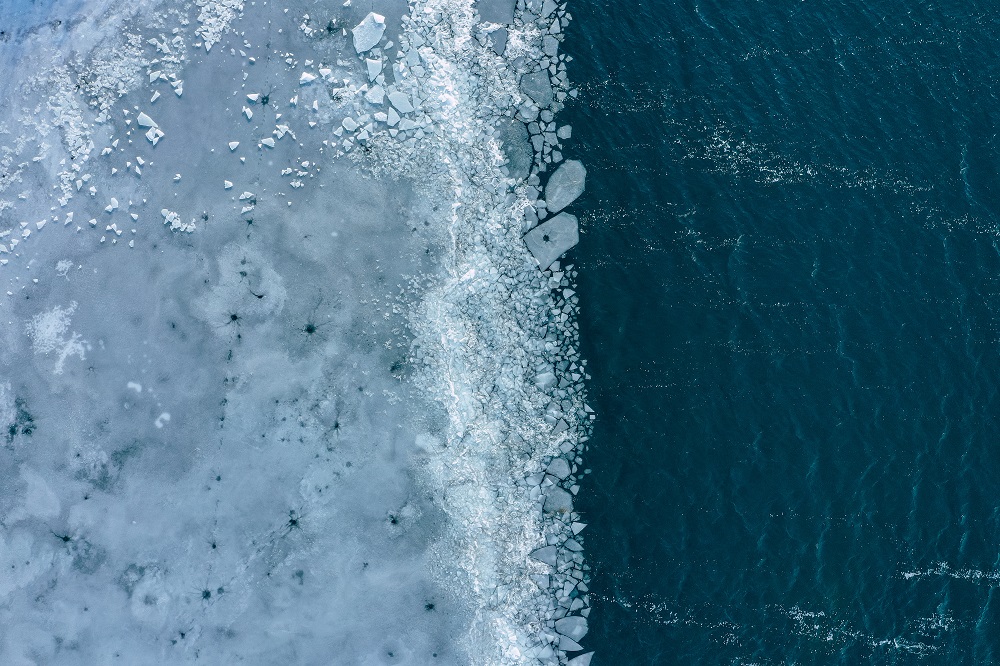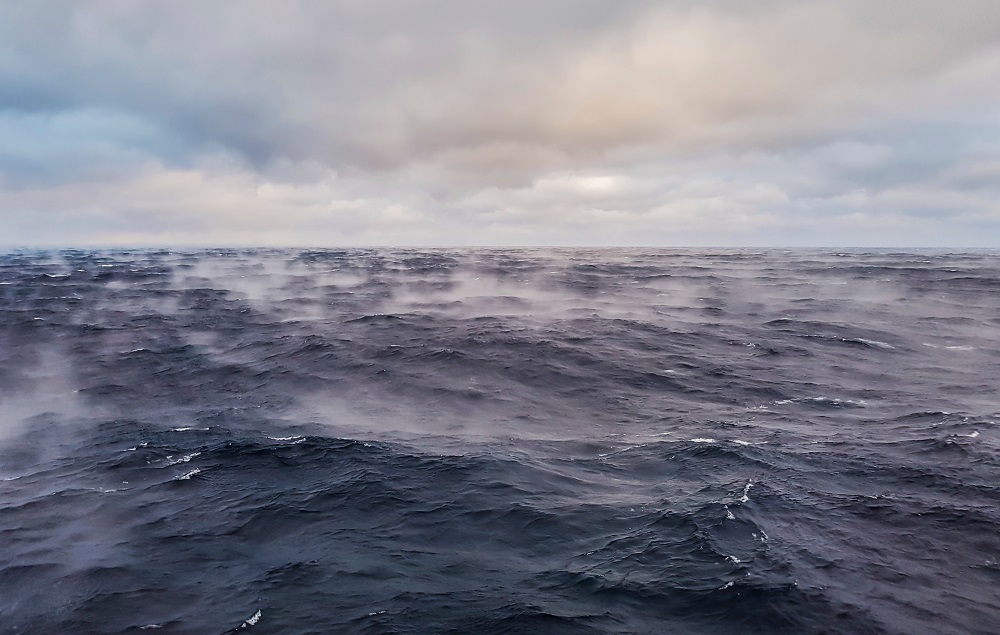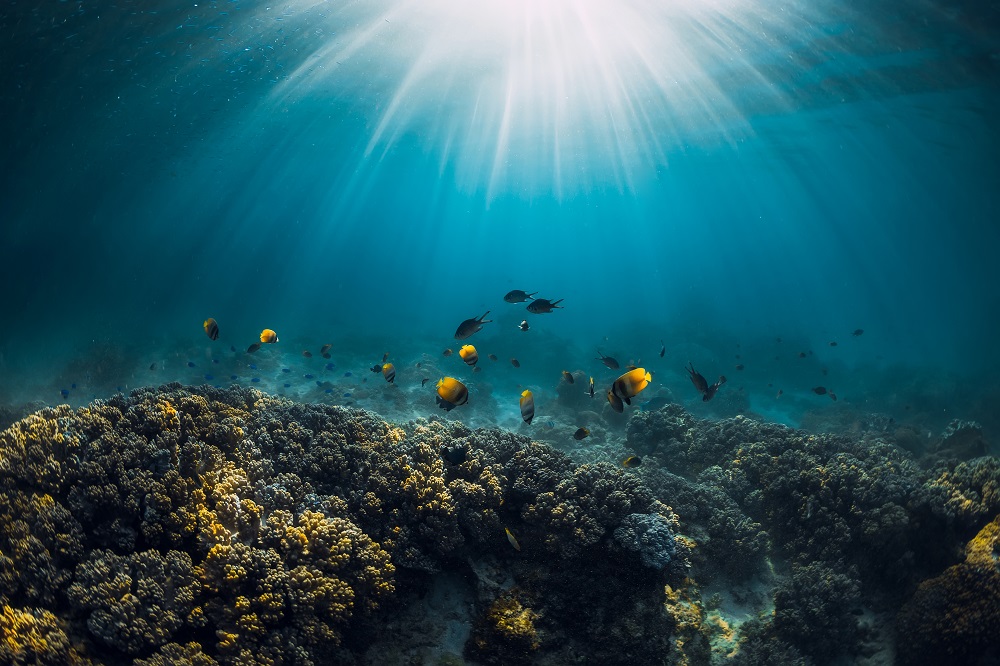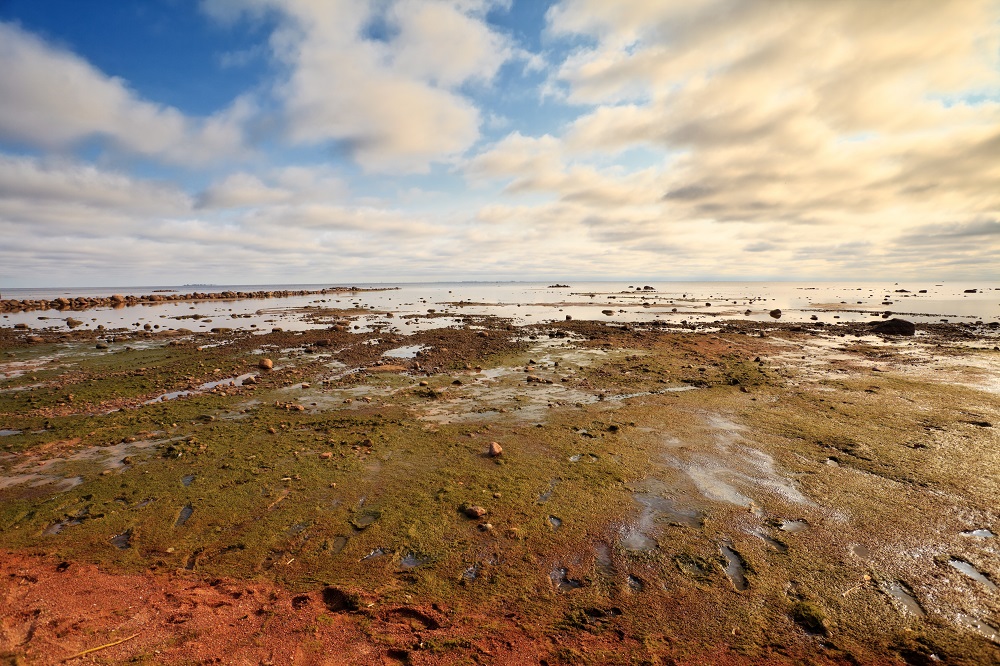The report points out that if current high emissions continue, many marine organisms, including mollusks, pteropods, also known as “butterflies of the sea”, and warm-water corals, will be at very high risk from acidification as early as 2050. The negative impacts on marine biodiversity and the marine food chain due to the decline of these organisms are likely to be severe.
Mr Widdicombe, who is also the co-ordinator of the Ocean Acidification Research for Sustainabilit programme, remarked, “Ocean acidification, warming and deoxygenation are interacting to create the perfect storm of environmental problems.”

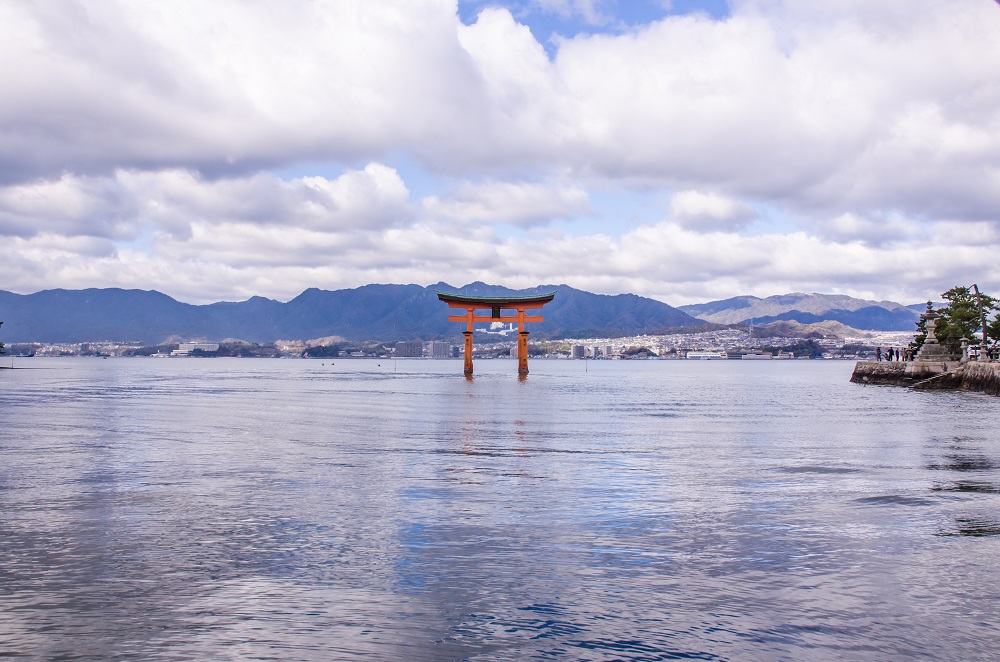

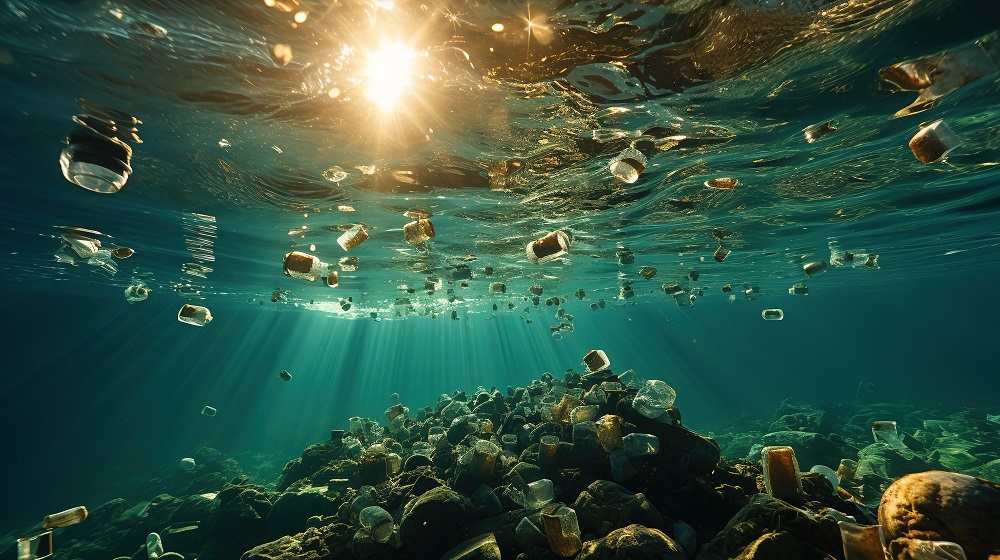

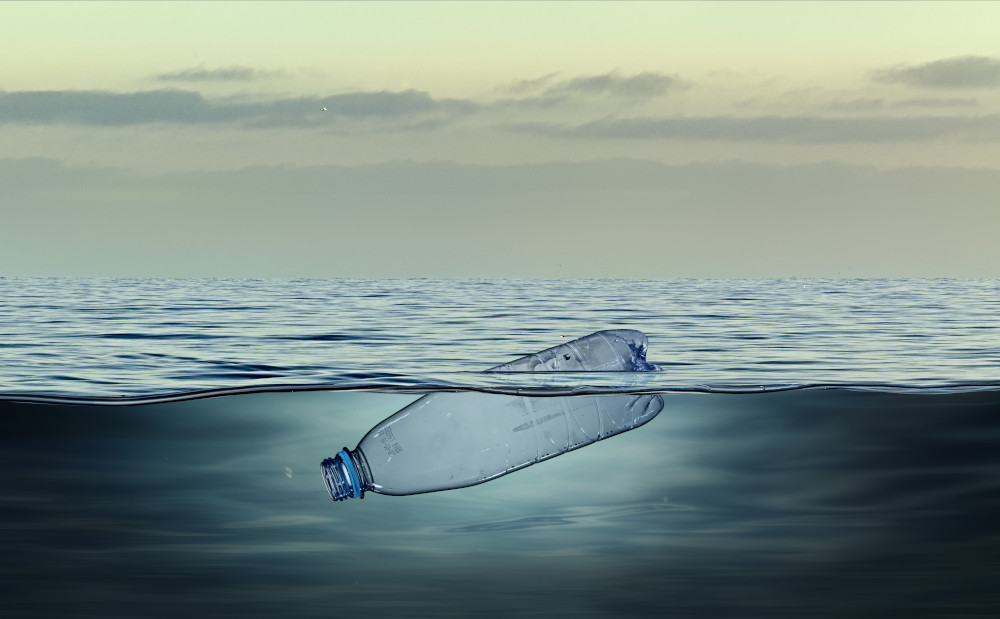




 The scourge of untreated wastewater
The scourge of untreated wastewater Slowing
the chemical tide: safeguarding human and ocean health amid
chemical pollution
Slowing
the chemical tide: safeguarding human and ocean health amid
chemical pollution Hazardous chemicals in plastics - the discussions at INC
Hazardous chemicals in plastics - the discussions at INC








